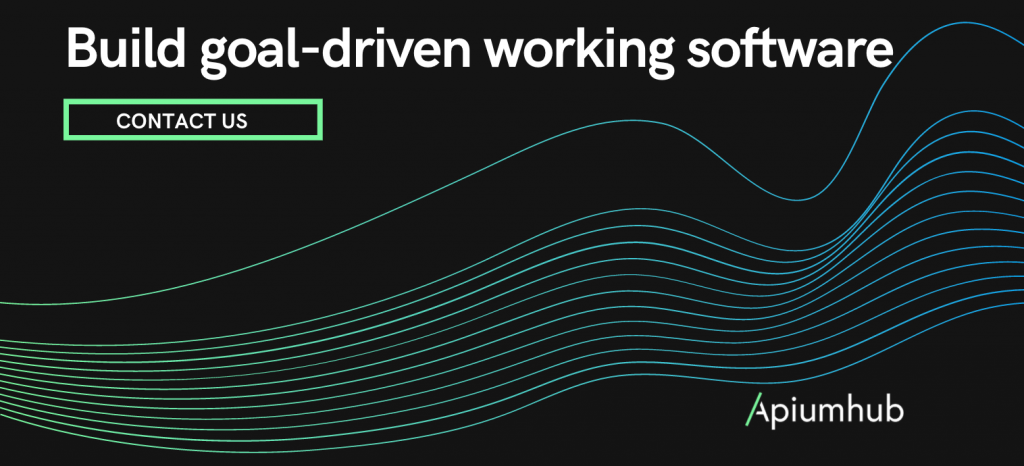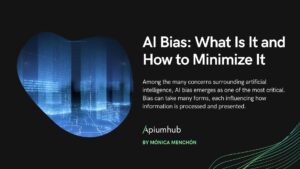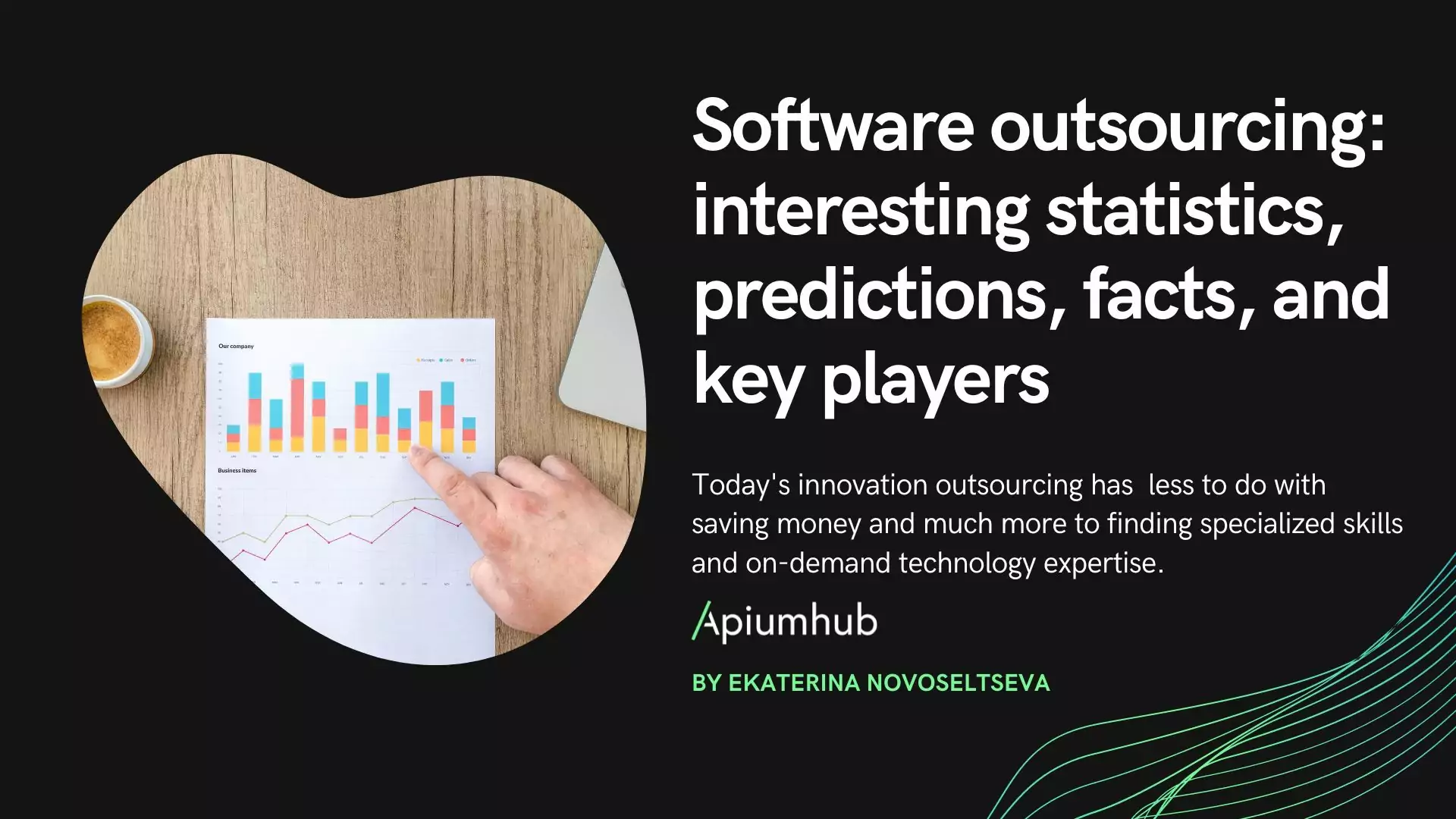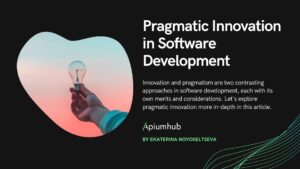Table of Contents
With more and more data available, it’s getting more difficult to focus on the information we really need and present it in an actionable way and that’s what business intelligence is all about. In this article we will talk about Business Intelligence tools, benefits & use cases.
What is Business Intelligence
Business intelligence (BI) comprises the strategies and technologies used by enterprises for the data analysis of business information. BI technologies provide historical, current, and predictive views of business operations. It has become a necessary tool in the era of big data.
BI is a set of processes, architectures, and technologies that convert raw data into meaningful information that drives profitable business actions. It is a suite of software and services to transform data into actionable intelligence and knowledge.
It refers to technologies, applications and practices for the collection, integration, analysis, and presentation of business information. The purpose of Business Intelligence is to support better business decision making that enable organizations to increase revenue, improve operational efficiency and gain competitive advantages over business rivals.
Business intelligence use cases
- Reporting
- Online analytical processing
- Analytics
- Dashboard development
- Data mining
- Process mining
- Complex event processing
- Business performance management
- Benchmarking
- Text mining
- Predictive analytics
- Prescriptive analytics
- Spreadsheets
- Data visualization
BI technologies can handle large amounts of structured and sometimes unstructured data to help identify, develop, and otherwise create new strategic business opportunities. Identifying new opportunities and implementing an effective strategy based on insights can provide businesses with a competitive market advantage and long-term stability.
BI software helps companies analyze massive amounts of information and make data-driven decisions at the speed of business.
For example, you can use BI software to predict consumer buying behavior or project the financial impact of an operations decision. Rather than waiting for a quarterly or annual report, you can leverage BI software for real-time data insights.
BI applications vary from industry to industry. For example, financial services firms and insurers use BI for risk analysis during the loan and policy approval processes and to identify additional products to offer to existing customers based on their current portfolios. BI helps retailers with marketing campaign management, promotional planning and inventory management, while manufacturers rely on BI for both historical and real-time analysis of plant operations and to help them manage production planning, procurement and distribution.
Airlines and hotel chains are big users of BI for things such as tracking flight capacity and room occupancy rates, setting and adjusting prices, and scheduling workers. In healthcare organizations, BI and analytics aid in the diagnosis of diseases and other medical conditions and in efforts to improve patient care and outcomes. Universities and school systems tap BI to monitor overall student performance metrics and identify individuals who might need assistance, among other applications.
Business intelligence benefits
- Monitor business performance on an ongoing basis
- Marketing, sales and customer service efforts more effective
- Supply chain, manufacturing and distribution bottlenecks can be detected before they cause financial harm
- HR managers are better able to monitor employee productivity, labor costs and other workforce data
- Speed up and improve decision-making
- Optimize internal business processes
- Identify emerging business and market trends
- Single point of view on all your business processes
Business Intelligence tools
Business Intelligence tools are available from dozens of vendors overall. Major IT vendors that offer BI software include IBM, Microsoft, Oracle, SAP, SAS and Salesforce, which bought Tableau in 2019 and also sells its own tools developed before the acquisition. Google is also in the BI market through its Looker unit, acquired in 2020. Other notable BI vendors include Alteryx, Domo, GoodData, Infor Birst, Information Builders, Logi Analytics, MicroStrategy, Pyramid Analytics, Sisense, ThoughtSpot, Yellowfin and others that we will discuss in this article.
We have outlined our recommendations for evaluating modern BI platforms so you can choose the right one for your organization:
1.Tableau
A self-service analytics platform provides data visualization and can integrate with a range of data sources, including Microsoft Azure SQL Data Warehouse and Excel.
Tableau is an industry leader in the business intelligence space. The software is trusted by individual analysts, small teams, large organizations, and everything in between.They offer a wide range of BI tools, including Tableau Desktop, Tableau Online, Tableau Server, Tableau CRM, embedded analytics, server management, data management, and more. In addition to the extensive product offerings and use cases, Tableau also has industry-specific solutions, and tools based on different types of technology, making it the most versatile software in this category. Top features of Tableau include: cross-platform support (desktop, browser, mobile) and embedded analytics, team collaboration tools, advanced analytics displayed in powerful visual interface, easy to organize resources and content, centralized data sources and custom permissions, multiple deployment options (cloud, on-premises, hosted, Windows, Linux, Mac, multi-tenant), actionable insights in real-time, easy to connect with data from multiple sources (Google Analytics, Salesforce, etc.), ability to map your data. Overall, Tableau is robust and feature-rich.
2. Splunk
A “guided analytics platform” capable of providing enterprise-grade business intelligence and data analytics. It drives outcomes across Security, IT and DevOps with the data platform built for the cloud. It is a solution for every industry and need.
3. Alteryx
Blends analytics from a range of sources to simplify workflows as well as provide a wealth of BI insights. Analytics that automate and optimize business outcomes. It improve sales, reduces churn, automates tax and audits, optimizes your supply chain, or quickly deploys Alteryx with leading technologies.
4. Qlik
Qlik’s goal is to give anyone in the enterprise access to all its data. The Associative Engine now has AI and machine learning capabilities that offer context-aware insight suggestions thanks to the Qlik cognitive engine. Qlik Sense, the self-service tool to access that analytical capability, comes in cloud and on-premises versions.
5. Domo
Domo is a cloud-based platform focused on business-user-deployed dashboards and ease-of-use. It is tailored to various industries such as financial services, health care, manufacturing and education)and roles including CEOs, sales, BI professionals and IT workers.
Domo offers automatically suggested visualizations. Data visualization enables you to go from raw data to charts, graphs, maps, and other visualizations which are suggested automatically by Domo after you upload your data source. You can refine the data, annotate for further commentary or discussions, or refine and control who has access to it.
Predictive analysis is powered with Mr. Roboto, Domo’s AI engine, that enables data scientists to create predictive models and utilize artificial intelligence, machine learning, natural language processing, and other AI technologies that alert and notify about changes in KPIs, for example.
6. Dundas BI
Dundas BI from Dundas Data Visualization is used predominantly for creating dashboards and scorecards, the company’s historic strengths, but it can also perform standard and ad-hoc reporting. Analysis and visualization are performed through a web interface that can adapt to users’ skills: Power users and standard users see different features. The latest version has a new in-memory engine, a new natural language query capability, and adds point-and-click trend analysis, and an application development environment for customized analytic applications.
7. Board
Combines three tools in one: BI, predictive analytics and performance management. It has modules for finance; planning, consolidation, HR; skills mapping, workforce planning, marketing; social media analysis, loyalty and retention monitoring, supply chain; delivery optimization, supplier management, sales; cross-selling and up-selling analysis and IT; KPIs, service levels.
8. NetSuite
The tool combines financial information, dashboards, reporting features, predictive analytics, and other features to provide a complete set of BI functions.NetSuite allows users to automate project creation when specific services are sold and automatically track percent complete, time budgeted, and time spent on project tasks. Reports for utilization and backlog help analyze employee workloads and efficiency. In addition to project management and time and expense tracking, you can create and issue invoices, compare project performance to budgets and other metrics. NetSuite Project Management module manages revenue recognition, expenses, unbilled balances and other project-related financials.
9. Datapine
It is a great business intelligence software as it combines simple, intuitive usability with advanced analytics capabilities. The self-service BI solution empowers business users and data analysts alike to generate actionable business insights and make well-informed data-driven decisions. You can connect literally any kind of data source; databases, flat files, CRM and ERP-systems, marketing, social media or helpdesk data, etc. with a few clicks. They offer a wealth of innovative dashboard features and have a large dashboard gallery, providing over 80 dashboard templates for different areas of applications. Dashboards can be shared easily in multiple ways, including, among others, automatic email reports, sharing via URL, or advanced embedding options.
10. Izenda
Self-service reporting embedded right in your software with access to charts, graphs, and various visualizations, configurable dashboards and reports, responsive design, integrated security measures, and admin UI that lets you manage data connectivity, user permissions, and multi-tenancy.
11. Sisense
Sisense is one of the most popular BI tools on the market today. It’s used by developers, business leaders, product managers, and data professionals alike. The software is trusted by 10,000+ companies, including well-known brands like GE, Verizon, Motorola, Wix, Hewlett Packard, and the Salvation Army. Sisense has industry-specific solutions in categories like retail, healthcare, government, manufacturing, marketing, supply chain management, and more. They also have solutions that are tailored toward specific departments within your organization.
Main features cover: ability to create powerful analytics applications, self-service analytics for each user, deploy on-premises, in the cloud, or hybrid deployment with Windows or Linux, seamlessly integrate Sisense with your existing tools and branding.
12. Chartio
It is a cloud-based BI solution. It empowers users of varying technical backgrounds to analyze data from business applications. The tool makes it easy for you to simplify data with charts and dashboards for more informed decision making. With Chartio is is easy to share visuals in embedded web pages, Slack, PDFs, and more. It has tools for product managers, sales teams, and customer success and self-service functionality for all users (C-suite, sales reps, etc.)
It also allows to create and save custom themes.
13. Exago
Award-winning ease of use as well as advanced functionality means that Exago is great for both non-technical users and experts alike. You can determine what set of features each user has access to, offering solutions like a library of standard customizable reports, a drag-and-drop ExpressView designer, and a spreadsheet-organized Advanced Report builder. You can build, format and export reports at any technical skill level. They integrate with your software in what they call “stealth mode”, offering an open API, fully configurable CSS, single sign-on authorization, and programmatic extension points.
14. Metric Insights
Metric Insights lets you engage users by bringing all your BI tools and data together into one easily searchable portal. It automatically identifies anomalies in your data, provides insights on your data in any application and on any device, and offers plenty of integrations and plug-ins in order to connect to the data that matters most to you. Metric Insights work with Tableau Server and Tableau Online as well as QlikView and Qlik Sense solutions. They offer plug-ins to pull data from popular platforms like 1010data, Adaptive Insights, Adobe Analytics, Basecamp, Becon, Business Objects, Facebook, Google Analytics, Google BigQuery, Google Sheets, Hubspot, iTunes, Power BI, Jira, Salesforce, Zendesk, and more.
Also this tool offers managed alerts: An interesting feature of this business intelligence program is the possibility to manage alerts and ensure that users are acting upon triggered data. By creating and assigning workflows, team members can take ownership while the tool will keep the history so you can access the completed workflows at any time.
15. Inetsoft
Whether you need finance reporting, human resource analytics, marketing tools, sales dashboards, supply chain dashboards, project management dashboards, or enterprise asset management, InetSoft offers machine-learning solutions to meet those needs. Features include visualization dashboards and published reports, machine learning paired with human developed analysis, and scalable architecture.
16. MicroStrategy
MicroStrategy targets the enterprise BI market in a broad range of industries with cloud, on-premises and hybrid deployment options. It features a drag-and-drop interface to help users create customized data visualizations and build personalized, real-time dashboards. MicroStrategy touts federated analytics that allow customers to leverage existing investments in data sources such as Tableau, Qlik and Power BI, and blend the data to build reports and insights. It also features enterprise semantics graph, which indexes data assets to enrich data silos with location intelligence and real-time telemetry.
17. Oracle Analytics Cloud
Oracle has focused on making its cloud offering intuitive and user-friendly, with powerful reporting and machine learning features. Key features include data preparation, data connectors, visualizations, predictive analytics, a native mobile app, and support for embedded analytics.
18. GoodData
GoodData provides the tools for data ingestion, storage, analytic queries, visualizations, and application integration. You can embed their analytics into your website, desktop or mobile application or create dashboards and reports for your daily activities.
19. IBM Cognos Analytics
It is a cloud-based business intelligence software that utilizes AI recommendations when creating dashboards and reports. A new Cognos Analytics search mechanism enables users to access, discover and access recently used content within the software, where you can filter and save your searches.
20. Tibco
Tibco Spotfire is a self-service, AI-powered data visualization platform for dashboards, interactive visualization, data preparation, and workflow. The platform offers machine learning-based data preparation capability to support building complex data models. It is deployed across many verticals, including financial services, energy, manufacturing, consumer packaged goods, government, travel and logistics, healthcare, and life sciences.
Data is all around us and steadily increasing with each year. By utilizing business intelligence tools, your data management will become more cohesive, stable, agile, and predictable with numerous features that these tools have on offer. Our aim was to help you to consider the best business intelligence tools on the market, and we hope we have provided an extensive review of each product that will inspire you to start exploring business intelligence tools and find a perfect fit for your company or department.
If you have a business intelligence project or need help with data science, let us know, we are here to help!
And if you know other Business Intelligence tools that deserve to be mentioned here, feel free to share them in the comments section below!
Author
-
Ekaterina Novoseltseva is an experienced CMO and Board Director. Professor in prestigious Business Schools in Barcelona. Teaching about digital business design. Right now Ekaterina is a CMO at Apiumhub - software development hub based in Barcelona and organiser of Global Software Architecture Summit. Ekaterina is proud of having done software projects for companies like Tous, Inditex, Mango, Etnia, Adidas and many others. Ekaterina was taking active part in the Apiumhub office opening in Paseo de Gracia and in helping companies like Bitpanda open their tech hubs in Barcelona.
View all posts










